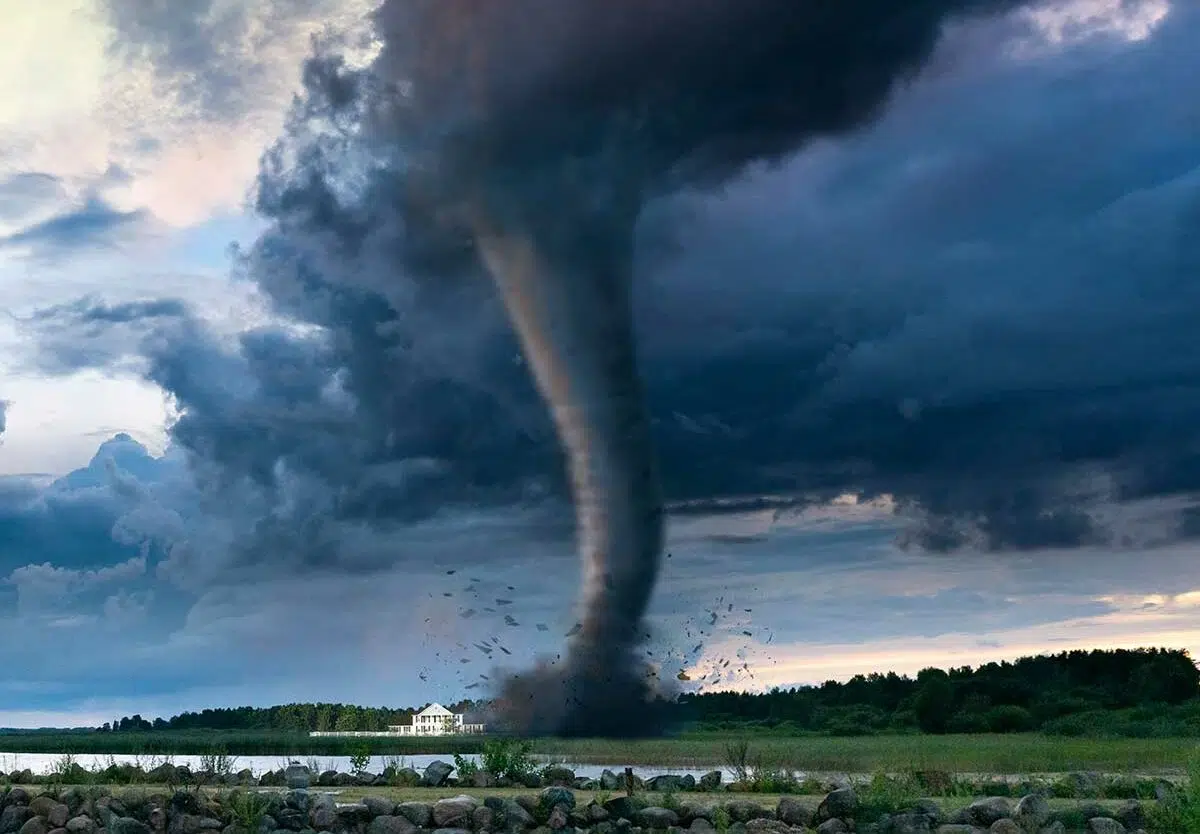When it comes to storm leads, many contractors focus on...
The Dos and Don’ts of Calling Homeowners After a Natural Disaster
Contacting homeowners after a natural disaster requires a delicate balance of empathy, professionalism, and effective communication. In this blog post, we will explore the dos and don'ts of calling homeowners after a natural disaster. By following these guidelines, storm lead call centers can establish trust, provide valuable assistance, and build positive relationships with homeowners in distress.
The Dos:
- Show Empathy: Express genuine empathy and understanding for the challenges homeowners are facing. Acknowledge their situation and offer your support and assistance. Let them know that you are there to help in any way possible.
- Be Prepared and Knowledgeable: Prior to making the call, gather information about the specific disaster and its impact on the homeowner's area. Be knowledgeable about the services your call center provides, such as free roof inspections or damage assessments. This preparation will help you address their concerns and provide accurate information.
- Listen Attentively: Practice active listening to understand the homeowner's needs and concerns. Allow them to express their emotions and concerns without interruption. By listening attentively, you can better tailor your response and offer appropriate solutions.
- Provide Relevant Information: Share relevant information about the services your call center offers and how they can benefit the homeowner. Clearly explain the process and address any questions or doubts they may have. Offer details about the qualifications and expertise of the contractors you work with.
- Maintain Professionalism: Maintain a professional demeanor throughout the call. Use clear and concise language, and avoid jargon or technical terms that may confuse the homeowner. Treat each call with respect and professionalism, regardless of the homeowner's emotional state or circumstances.
The Don'ts:
- Push for Immediate Decisions: Avoid pressuring homeowners into making immediate decisions. Understand that they may need time to process the situation and evaluate their options. Provide information and guidance, but allow them the space to make informed decisions at their own pace.
- Overpromise or Mislead: Avoid making unrealistic promises or providing inaccurate information. Be transparent about the limitations and scope of your services. Building trust is crucial, and misleading homeowners can have long-term negative consequences for your call center's reputation.
- Dismiss Concerns or Emotions: Never dismiss or downplay the concerns or emotions expressed by homeowners. Validate their feelings and demonstrate empathy. Address their questions and concerns with sensitivity and understanding.
- Interrupt or Rush the Conversation: Interrupting or rushing the conversation can make homeowners feel unheard or disregarded. Allow them to express themselves fully and give them ample time to ask questions or seek clarification. Patience and attentiveness are key in building rapport.
- Forget to Follow Up: After the initial call, make a note to follow up with homeowners as promised. Whether it's scheduling a roof inspection or providing additional information, following through on commitments demonstrates reliability and trustworthiness.
Calling homeowners after a natural disaster is an important responsibility for storm lead call centers. By adhering to the dos and avoiding the don'ts, call center agents can establish meaningful connections, provide valuable assistance, and instill confidence in homeowners during challenging times. Remember, empathy, professionalism, and effective communication are the cornerstones of successful interactions with homeowners affected by natural disasters.











